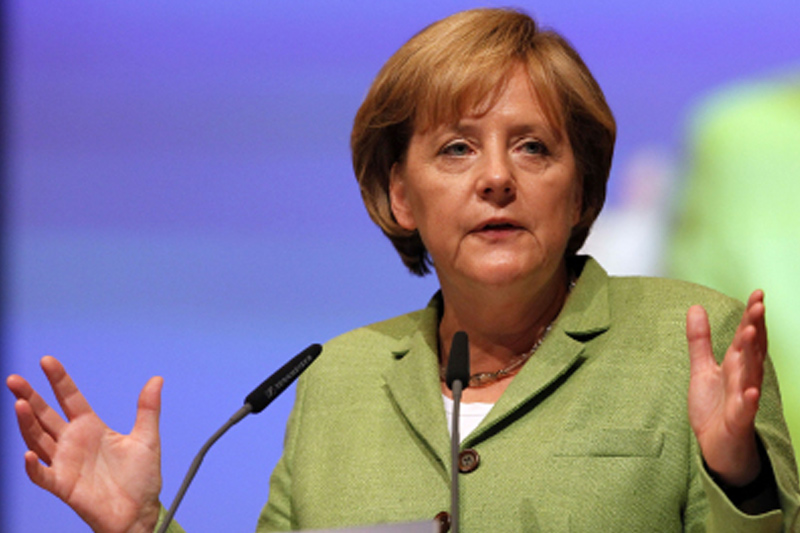Investing.com - German Chancellor Angela Merkel’s Conservative party reached a deal to form a coalition government with the Social Democrats on Wednesday, following weeks of negotiations.
The deal will have to be ratified by the roughly 470,000 members of the Social Democratic Party in a vote next month before Chancellor Merkel can be sworn in for a third term.
The parties agreed that there will be no tax increases and the SDP secured a major concession on a mandatory minimum wage. An hourly minimum wage of 8.50 euros will be introduced for the first time in 2015, but won’t come into effect fully until 2017.
The retirement age is to be lowered from 67 to 63 for those who have contributed to the system for over 45 years, a key demand of the SDP.
The package also includes agreements on pension increases, changes to dual citizenship rules and the further development of renewable energy.
"The work is done. It has been very intense and sometimes very hard work today but I think we have a result that is good for our country which is the main measure, but we can also say the result has a strong Conservative imprint," said Hermann Groehe, CDU secretary general.
Senior SPD MP Karl Lauterbach said his party had "succeeded on the most important points" but would have to overcome "many reservations" among members.
“The Social Democratic signature on this coalition agreement is everywhere," he added.
Merkel’s Christian Democrats won 42% of the vote in the September 22 elections to secure her third successive election victory, but failed to win enough votes for an overall majority.
The SDP won 26% of the vote, while Merkel’s previous coalition allies, the Free Democrats, failed to secure the minimum 5% required to enter parliament.
The deal will have to be ratified by the roughly 470,000 members of the Social Democratic Party in a vote next month before Chancellor Merkel can be sworn in for a third term.
The parties agreed that there will be no tax increases and the SDP secured a major concession on a mandatory minimum wage. An hourly minimum wage of 8.50 euros will be introduced for the first time in 2015, but won’t come into effect fully until 2017.
The retirement age is to be lowered from 67 to 63 for those who have contributed to the system for over 45 years, a key demand of the SDP.
The package also includes agreements on pension increases, changes to dual citizenship rules and the further development of renewable energy.
"The work is done. It has been very intense and sometimes very hard work today but I think we have a result that is good for our country which is the main measure, but we can also say the result has a strong Conservative imprint," said Hermann Groehe, CDU secretary general.
Senior SPD MP Karl Lauterbach said his party had "succeeded on the most important points" but would have to overcome "many reservations" among members.
“The Social Democratic signature on this coalition agreement is everywhere," he added.
Merkel’s Christian Democrats won 42% of the vote in the September 22 elections to secure her third successive election victory, but failed to win enough votes for an overall majority.
The SDP won 26% of the vote, while Merkel’s previous coalition allies, the Free Democrats, failed to secure the minimum 5% required to enter parliament.
